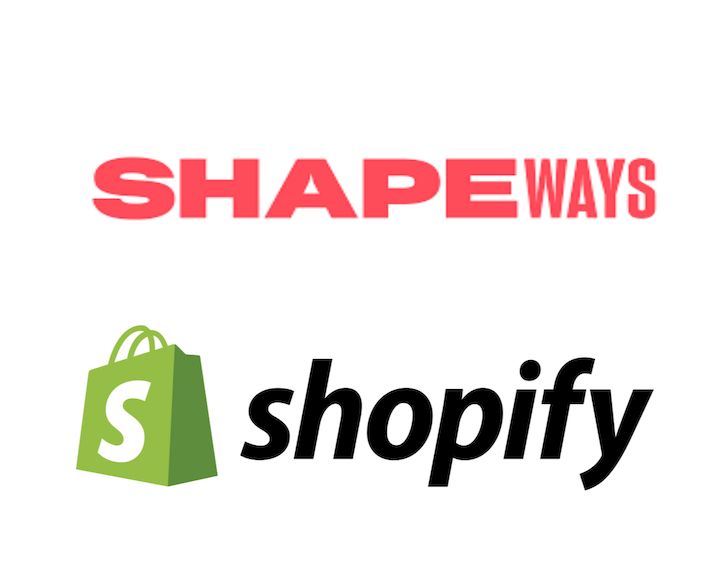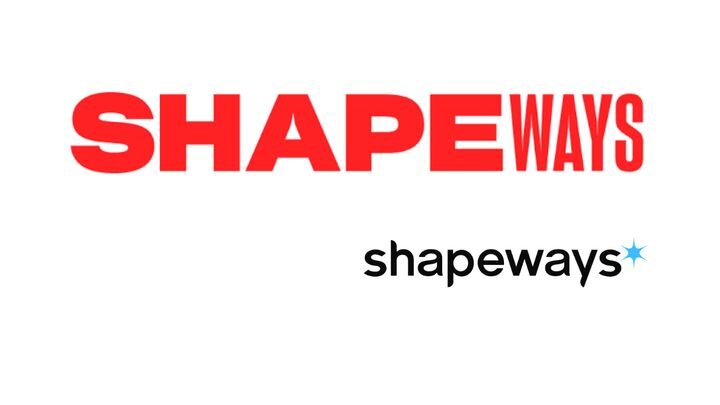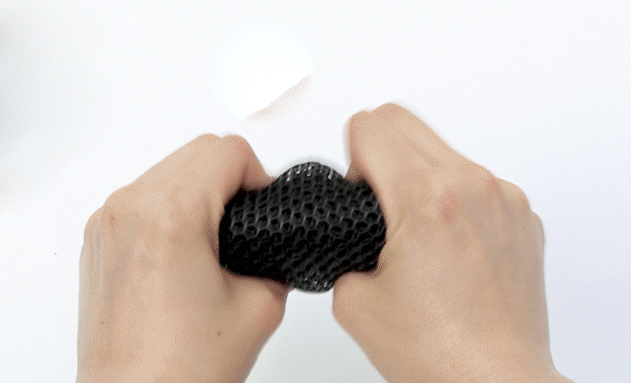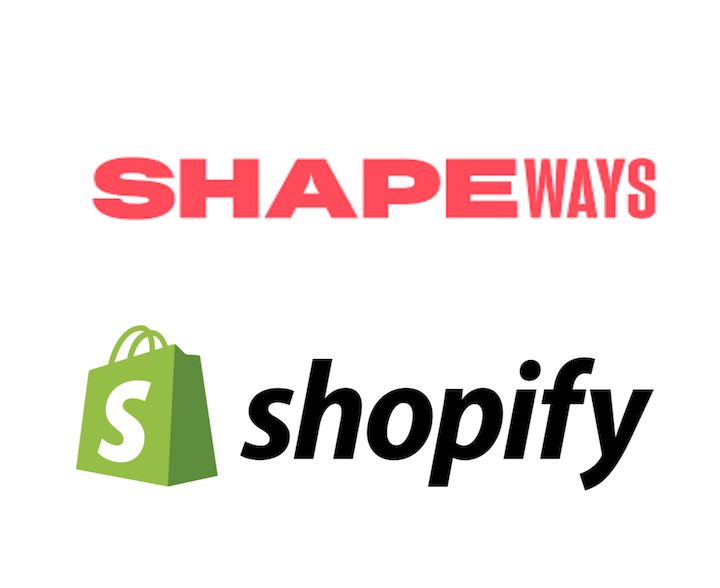![Shapeways now integrates directly with Shopify [Source: Fabbaloo]](https://fabbaloo.com/wp-content/uploads/2020/05/image-asset_img_5eb0a6fa77bdd.jpg)
Shapeways 3D print service announced today an integration that could be a significant boost to their operations.
The New York-based 3D print service, in operation for around a decade, has long had a very straightforward business model: offer a platform for designers to market their 3D designs, and print them on demand when clients request. Shapeways would take a cut of the transaction to fund their operations.
It was successful, and Shapeways has even survived the drop in consumer 3D print interest without having to shift significantly towards professional or industrial markets as have most other 3D print-based businesses. Today they stand as one of the leaders in providing on-demand artistic 3D prints to the public.
Behind the scenes their game, of course, is to keep their machines producing prints as fast as possible. Their large investment in machines must be offset by the profits made when prints take place. To that end they’ve consistently attempted to raise their transaction load through a variety of interesting approaches.
One approach they’ve used quite successfully is a kind of commission system where referral prints from other applications generate more transactions for them. Thus we’ve seen the rise of, for example, web-based 3D modeling tools that are partially funded by side-effect 3D prints through Shapeways.
Those ventures were no doubt successful for Shapeways as they were inexpensive to implement and generated more prints.
But now the company is set to open up a massive opportunity by announcing an arrangement with online store utility Shopify.
If you’re not familiar with Shopify, the Canadian firm provides a platform on which anyone can quite rapidly implement an online store. They provide easy means of maintaining product inventories, product pages, checkout systems, shipping and fulfillment integrations. It’s absurdly easy to set up a fancy online store with Shopify and thus their growth has been nothing less than exponential.
Shopify also provides a plug-in environment where third parties can post modules that provide for even greater functionality. Things like currency conversion, product variants or perhaps unusual methods of sales monitoring are all possible new functions provided by plug-ins.
![Screenshot of the Shapeways Shopify plug-in, order status screen [Source: Shapeways]](https://fabbaloo.com/wp-content/uploads/2020/05/image-asset_img_5eb0a6fad8fcb.jpg)
Now it seems that Shapeways has their own plug-in, and this could be a massive generator of prints for the company.
In a Shopify store the operator has basically two choices for how to operate. They can have on-hand quantities of products from which they draw when orders take place; or they can operate as a “drop shipper”, where they accept the order, but another party (a fulfillment center) is triggered to pack and ship the product from a warehouse. This approach is often used by smaller operations unable to fund their own warehouse.
But the Shapeways plug-in offers an unusual third option: produce the product on demand. In a drop shipping scenario, the operator usually has to make arrangements for shipping pallets of products to the fulfillment center for them to use to handle orders. But in the Shapeways integration, there is no inventory: it’s created at the time of the order!
![Screenshot of the Shapeways Shopify plug-in, product configuration screen [Source: Shapeways]](https://fabbaloo.com/wp-content/uploads/2020/05/image-asset_img_5eb0a6fb33b2f.jpg)
This means that a Shopify store could offer an incredibly wide set of variations on a product and worry not about inventory matters. It’s as if they had a 3D printer handy to produce whatever they required on demand – except that the 3D printer is actually at Shapeways.
Here’s what makes this really interesting: Shopify is perhaps the largest commerce platform worldwide. Today they boast of over 600,000 stores and annual sales of US$72B through them.
That’s huge.
And now, each and every one of them could potentially offer 3D printed products with a little bit of configuration through the Shapeways plug-in.
You might wonder which of these 600,000 stores might have interest in offering 3D printed products. I think it could be vastly more than you’d suspect. We’ve been a bit narrow minded in that there is a perception that you should go to a “3D store” to get “3D prints”. That’s really not the case; a store selling, say, tennis equipment, could offer 3D printed tennis trophies with customized labeling, for example. The same could be said about almost any online store.
If only a few of these stores took this on, Shapeways could see a big increase in business.
Finally, Shapeways also announced a new program in which they provide arms and legs for Shapeways shop operators during the busy holiday season coming up. The “Holiday Business Bundle” is priced at US$1,500 and is explained as follows:
“The Holiday Business Bundle allows Shapeways to handle a wide-range of logistical challenges for store owners including promotion, order processing, manufacturing, fulfillment and shipping. Sellers will receive additional personal customer service throughout the holiday season, marketing services and exposure. Plus, if they are on Shopify, sellers will receive personal step-by-step assistance from Shapeways for their storefront integration.”
Great moves by Shapeways!











A blog post reveals much of what happens behind the scenes at 3D print service Shapeways.